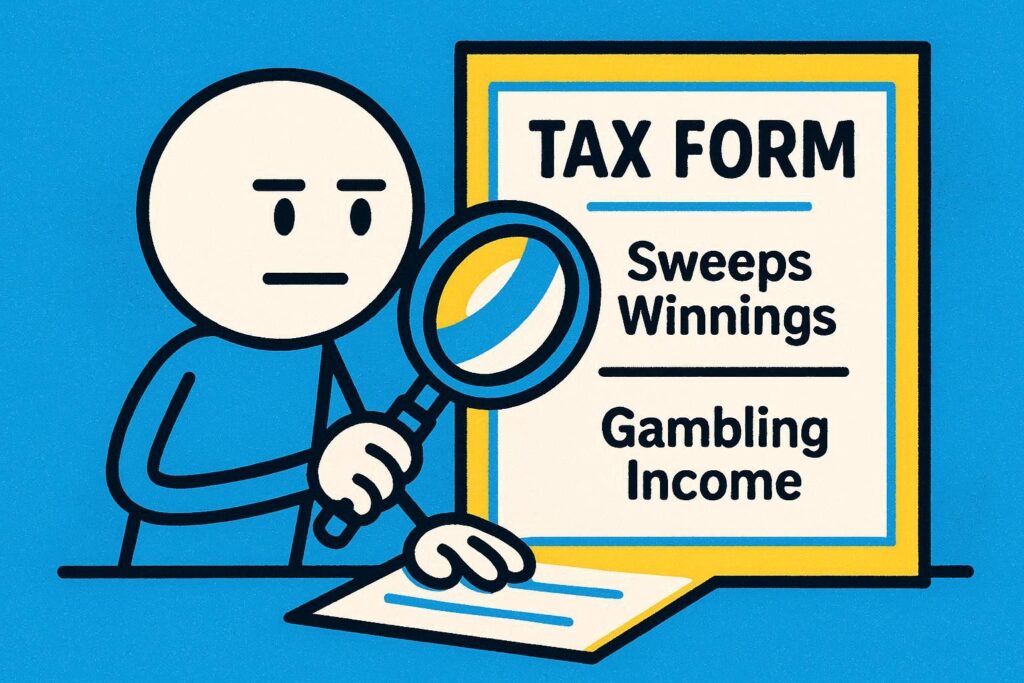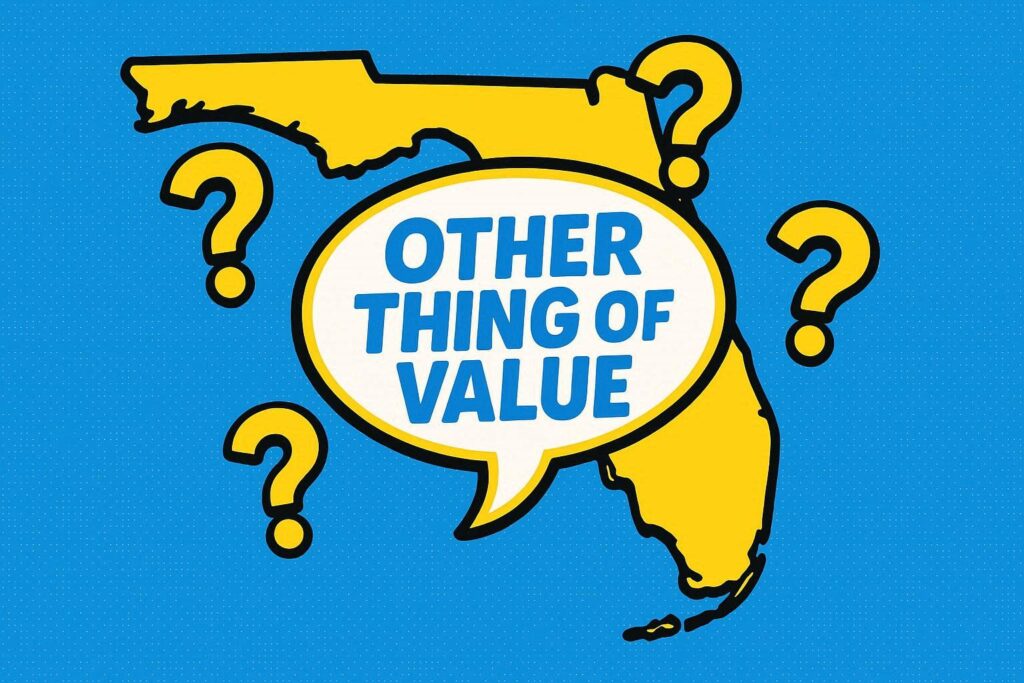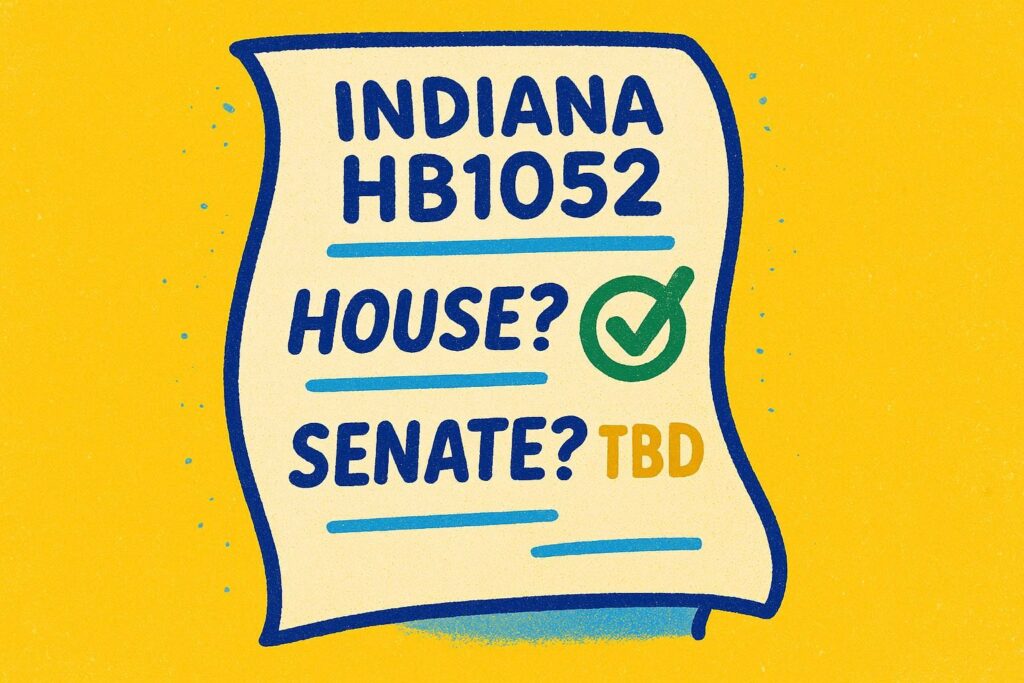A recent amendment to the bill that could place new restrictions on casino-style, sweepstakes-based online games in California elevates the standard for potential prosecution of service providers who support the operation of such websites. One major alteration in the amendment is the addition of the word “knowingly” into the clause making such support illegal.
Although that addition does increase the burden of proof on the state to convict of violations of the proposed statute, it may not raise that bar significantly. One legal professional reminds potential service providers that ignorance is not a legal defense in many cases.
Reviewing the AB831 amendment
The California Legislature is on a summer recess from July 18 to Aug. 18, so California AB831 has not seen any activity in Sacramento since July 16, when this amendment was made. In the new language is a single tenet that targets vendors providing services essential to the operation of online sweepstakes casinos.
“It is unlawful for any entity, financial institution, payment processor, geolocation provider, gaming content supplier, platform provider, or media affiliate to knowingly support directly or indirectly the operation, conduct, or promotion of an online sweepstakes game within this state.”
Originally, that line in AB831 did not include the word “knowingly.” The bill sponsor has not publicly shared the motivation behind the language change, but other legislators in previous hearings expressed concerns about unintended consequences affecting businesses and individuals in the state.
This new text could secure the support of those lawmakers for AB831 if it comes up for a vote on the California Senate floor. Should AB831 become law in its current form, businesses in California might not be able to take solace in the heightened burden for prosecution.
Burden of proof may only see small change under new language
Marcus Denning, Senior Lawyer at MK Law, doesn’t believe that vendors who attempt to claim ignorance that their services supported online sweepstakes casinos making sales in California will get very far with that defense.
“Adding the word ‘knowingly’ into AB831 will constrict the net on the face of it, however, not as much as many would like,” Denning told Sweepsy. “Although it adds a mental element to the offense of giving services to violators of the statute, the mental element does not require certainty. California courts have been guided by a standard whereby deliberate ignorance or willful blindness can be used to prove that one is acting knowingly. You cannot just say you did not know. Even when you were strongly suspecting and you took actions to prevent verification of that suspicion, the courts still would consider that knowledge.”
In other words, California courts consider it a business’s and/or individual’s due diligence to ensure that their partnerships and transactions comply with state law. Failure to perform that due diligence can leave entities vulnerable to prosecution.
“Practically, this implies that a service provider who is put on red flags of a client due to unusual payments, irregular property use, and suspect licensing but decides not to inquire any further can still be found to have done it knowingly,” Denning added. “Prosecutors do not require a confession in its strictest sense. All they have to do is demonstrate that the provider acted in a manner that indicates the provider was reasonable in believing a violation was taking place and remained quiet as a way of maintaining the business relationship.”
‘Silence or avoidance’ is not a form of protection
The old axiom goes that ignorance of the law is not a defense against it. The addition of “knowingly” also may have been to strengthen the proposed statute against that argument.
“It is a longstanding criterion, criminally as well as regulation-wise,” Denning said. “It does not leave much protection to professionals who think that silence or avoidance is a form of protection. This bar isn’t that high. Knowledge may also be found by the surrounding circumstances, where the provider never admitted publicly that the conduct he was providing was illegal. Discretion cannot be removed, even with the amendment of AB831. It titillates it. The threat lies in persons who are convinced that a lack of action is a defense. Not at all. It has never been.”
California AB831 could see more changes before it heads to the Senate and Assembly, much less to Gov. Gavin Newsom’s desk. The addition of the word “knowingly” may make those possibilities more likely.
Up next is the bill’s third and final Senate committee hearing before the Appropriations Committee on Aug. 18.








